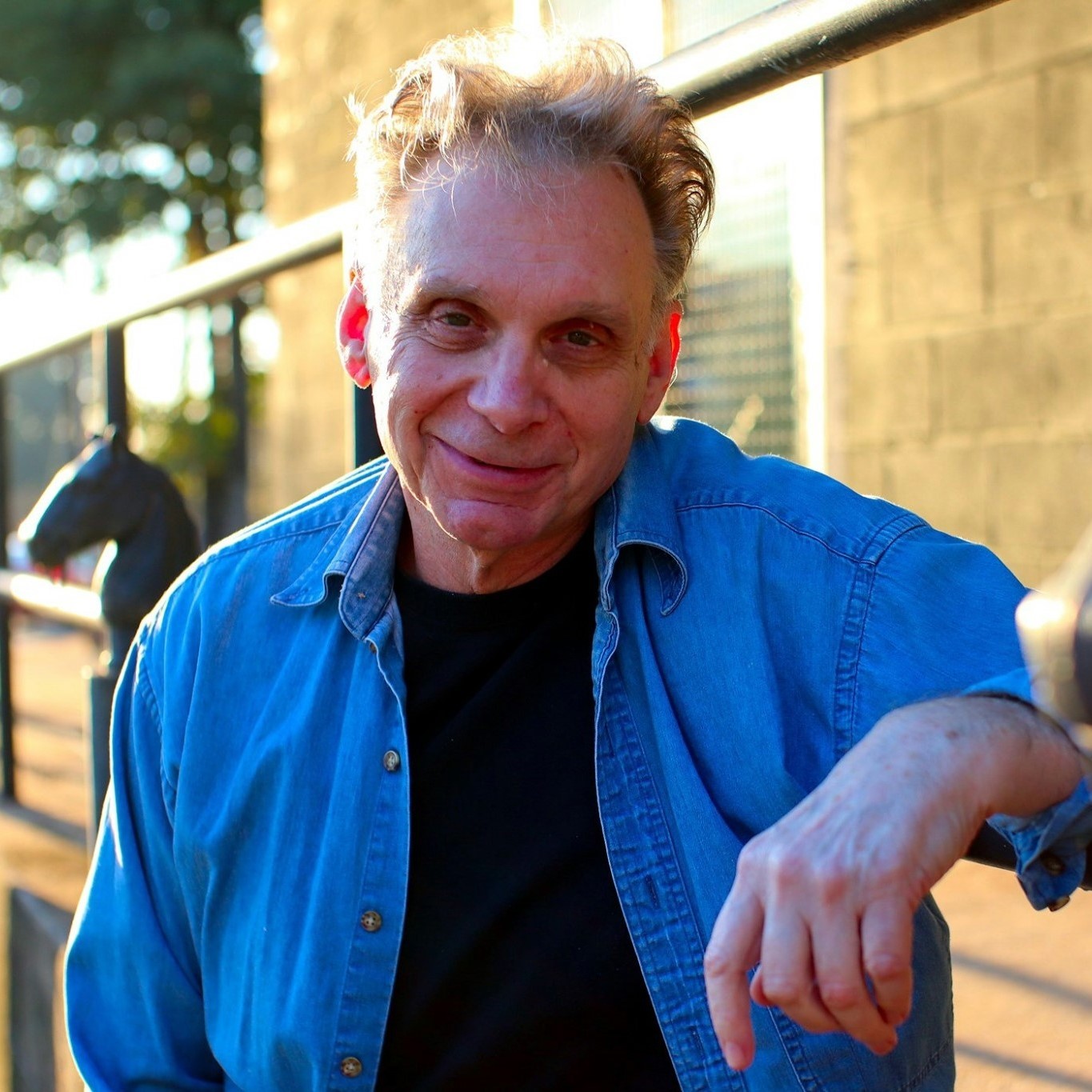We recently connected with Rick Andosca and have shared our conversation below.
Rick, we’re thrilled to have you on our platform and we think there is so much folks can learn from you and your story. Something that matters deeply to us is living a life and leading a career filled with purpose and so let’s start by chatting about how you found your purpose.
I learned the Meisner Technique from a man named Robert X. Modica, starting in 1969. Bob had studied with Sanford Meisner at the Neighborhood Playhouse in New York in the 1950`s, and then taught there with Meisner in the early 60`s before going out on his own. Working with Bob changed my life. He was the first person that I ever knew that TRULY knew what he was talking about- in any walk of life, acting or otherwise. Up until then, as a very young man I was half-lost within how to work as an actor. I studied a long time with Bob, and then I started to do plays, t.v., and film in N.Y.C and L.A. This led me to direct theatre, which then led me to start teaching in the mid 1980`s. I realized that working with my students, helping them realize their full potential, fed my soul even more than acting. I truly believe that my purpose in life, apart from being a father, is to teach.
Appreciate the insights and wisdom. Before we dig deeper and ask you about the skills that matter and more, maybe you can tell our readers about yourself?
What I do is teach the Meisner Acting Technique. I currently teach Meisner at Drama Inc. and in a space in SW Atlanta. I believe that good training techniques are all connected. They are all trying to get the actor to not fake, indicate, or show what they are doing in the script but rather to really do it. To really listen and to really talk to the other person in this thing we call a scene instead of just talking at them to get the lines out. To really experience-FOR REAL- what the part demands. Sanford Meisner called this “The reality of doing.” All acting is imaginary: it’s written by someone, with a fictional world, performed in front of an audience. The Meisner Technique answers, “How do I remain truthful as an actor on a film set with people, cables, lights, cameras, etc., all around me, or on a stage with an audience and a fake set, etc.? How do I really be alive with words that are not my own? How do I live for real?” The Meisner Technique helps you to focus your attention where you want it so that you can really connect. The other central part of the training is to make these imaginary circumstances and relationships in the script personally meaningful to the actor. As humans, we all know how to daydream. You may have never thought of it this way, but daydreaming is actually a skill in the actor’s toolbelt. Honing this skill and linking it with things the actor cares about in real life will help the actor in their quest to connect with the words and life of their “character.” I love working with students hungry to learn, and seeing their growth fills me with joy. It’s the best thing in the world for this old guy.
If you had to pick three qualities that are most important to develop, which three would you say matter most?
One of the things that helped me on my journey was learning how to really listen. It’s essential to be willing to listen and not be so ready to say whatever you want as soon as something pops into your head. If you listen to the other person thoroughly, you’d be surprised what you may learn about them and yourself. Another thing that helped me was learning how to embrace my worth within all our insecurities as humans. You need to acknowledge your abilities at least as much as the things you’d like to work on. The last thing would be learning to embrace that this line of work is a marathon and not a sprint. If you genuinely care about something, you will stay on the journey, and that’s worth a lot. It’s so crucial that you fall in love with the process of what you’re doing. That way, the rewards you get along the way will continue to feed you, whether big or small.
As for advice, I would say one thing: study. Never stop “exercising” and honing your craft. NFL players don’t stop running drills in practice just because they’ve “made it.” You must continue to work your actor’s muscles. Being in class also provides something invaluable- a community. Do not underestimate the importance of finding your community of like-minded individuals.
As we end our chat, is there a book you can leave people with that’s been meaningful to you and your development?
Watership Down has had a big impact on my life. It’s about a community that stays together no matter what struggles come their way. They count on each other to be there through thick and thin. I think this is a really good lesson for everyone to learn.
Contact Info:
- Instagram: @rickandosca
- Other: https://dramainc.net/advanced-classes/





